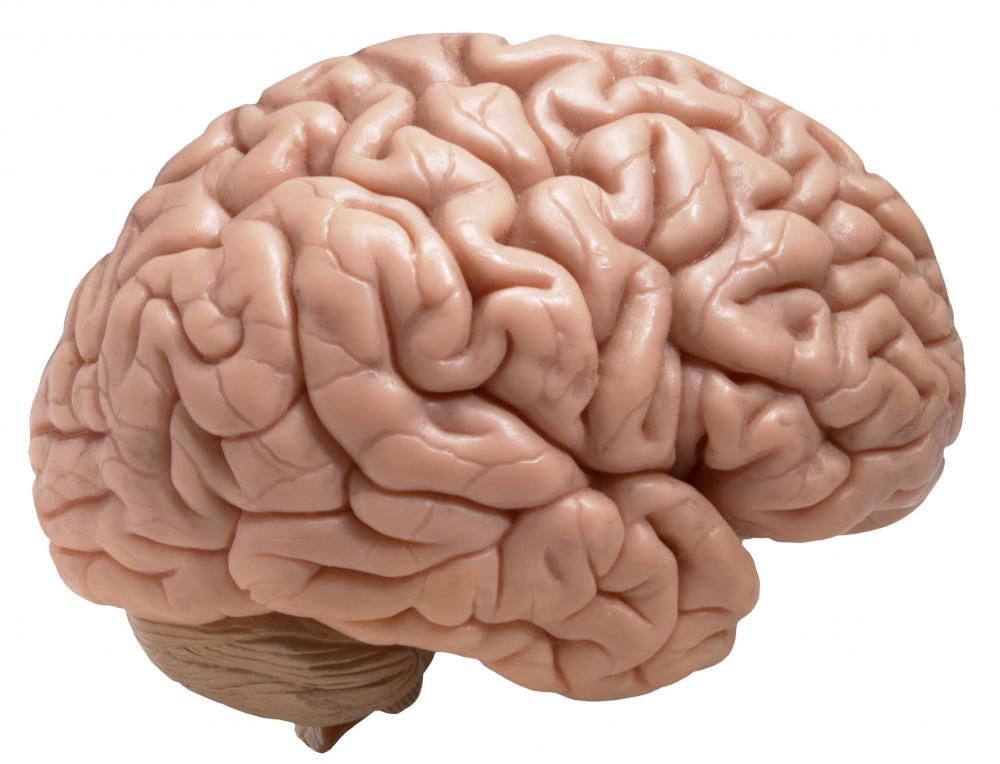At TheHealthBoard, we're committed to delivering accurate, trustworthy information. Our expert-authored content is rigorously fact-checked and sourced from credible authorities. Discover how we uphold the highest standards in providing you with reliable knowledge.
What Is the Connection between Dopamine and Depression?
Dopamine and depression have a complicated and very intertwined relationship. Put in simple terms, too much or too little dopamine can result in the symptoms of depression. These symptoms include feelings of sadness and worthlessness, lack of motivation, and loss of interest in previously enjoyable activities. These symptoms are clearly correlated with the effects of dopamine, which include the ability to feel pleasure, to feel motivated and rewarded, and to maintain focus. Repairing or supporting dopamine function with prescription medication is one of the most effective and widely used methods of treating depression.
An important part of understanding the connection between dopamine and depression is to understand the function of dopamine. Dopamine is a neurotransmitter in the brain and is often referred to as the pleasure center of the brain. Dopamine is responsible for the brain's ability to experience pleasure, maintain focus, and also aids in motor function. The main connection to depression lies within dopamine's effect on mood.

Depression is also important to understand when trying to determine the connection between dopamine and depression. Depression, like most mental health disorders, is defined by its symptoms. Feelings of sadness and worthlessness, loss of interest in previously enjoyable activities, and thoughts of death are all common symptoms of depression.
It is clear when looking at the effects of dopamine next to the symptoms of depression that there is a strong relationship between the two. Even to the untrained eye, it appears that a deficiency of dopamine would result in the symptoms of depression. A lack of ability to experience pleasure logically results in feelings of sadness and worthlessness. A deficiency of the ability to feel rewarded and motivated would also lead to lack of motivation and loss of interest in previously enjoyable activities.

Advances in the understanding of dopamine and brain chemistry have shown that the relationship between dopamine and depression is much more complicated than previously imagined. Depression was once assumed to be a result of a deficiency of dopamine, but animal studies have shown that prolonged exposure to dopamine can also lead to depression symptoms. Over time, too much dopamine causes a regulatory protein in the brain, called Akt, to become inactive. The inactivity of this protein is believed to be responsible for producing symptoms of depression in mice. This discovery has brought new understanding of the effects of stimulant drug abuse, which raises dopamine levels, and depression.

Treatment of depression also reveals a connection between dopamine and depression. Most of the antidepressant medications prescribed by psychiatrists work by targeting the dopamine function in the brain. A popular example lies with Bupropin, also known as Wellbutrin, which is believed to increase the amount of time that dopamine can affect the brain receptors.
AS FEATURED ON:
AS FEATURED ON:













Discuss this Article
Post your comments